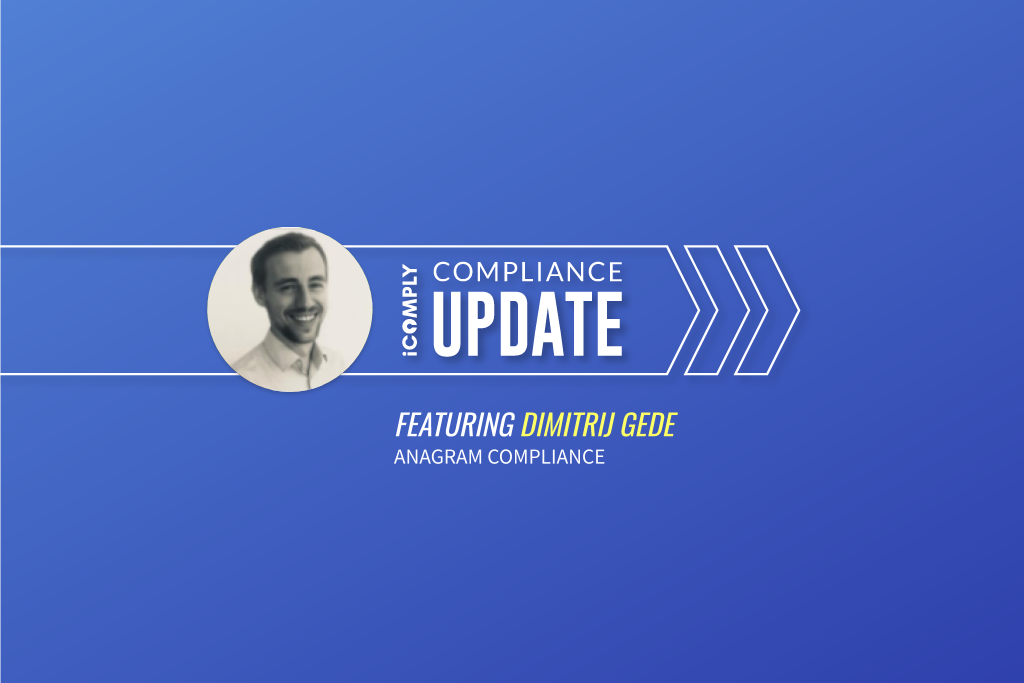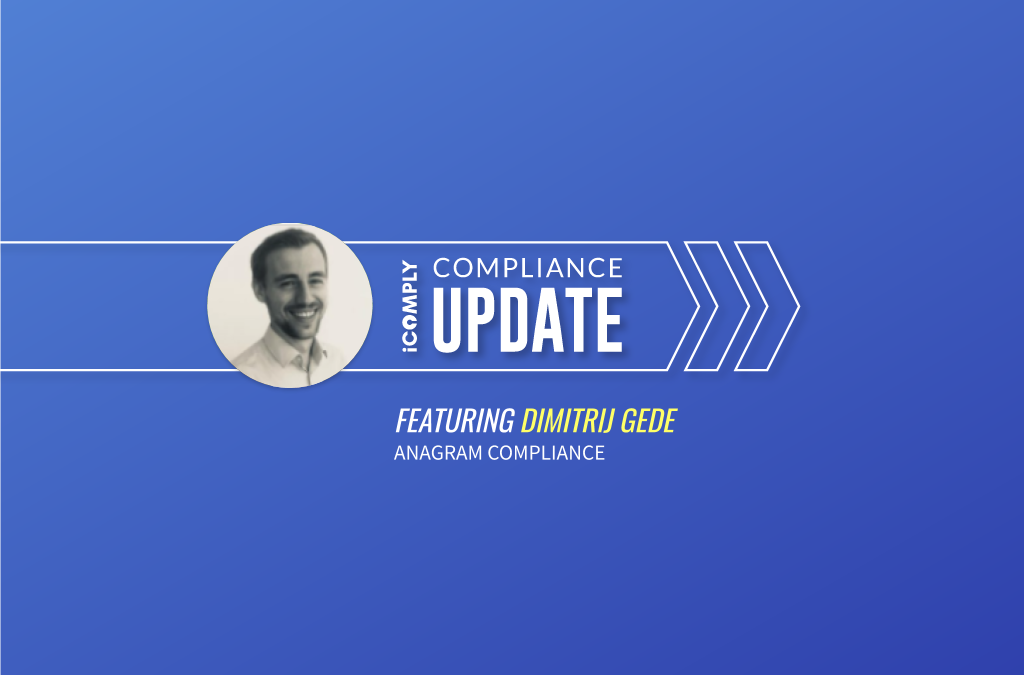Luxembourg Targets Companies in “Non-Cooperative” Tax Jurisdictions

Luxembourg to Deny Tax Deductibility for Companies Based in “Non-Cooperative” EU Countries
What Happened?
March 25, 2020: According to the official portal of the Grand Duchy of Luxembourg, Luxembourg Government Council adopted a draft bill (Number 7547, the “Bill”) denying the tax deductibility of interest and royalties paid by associated enterprises established in countries listed by the EU as “non-cooperative”.
Source: http://www.legilux.public.lu/eli/etat/leg/loi/2020/03/25/a192/jo
Who Is Impacted?
Businesses engaged in transactions with entities (individuals, organizations, or governments) based in, or operating through, the listed jurisdictions. The biggest impact in Luxembourg will be on the fund industry players, such as:
- Investment funds and alternative investment fund managers (AIFMs),
- Fund administrators and corporate service providers/fiduciaries, and
- Banks who provide the payment infrastructure for subscriptions/redemptions and dividend/interest payments.
Why This Matters?
Luxembourg is the second-largest fund center in the world (after the U.S.) and has a strong interest in compliance and the application of transparency regimes. Not only is it considered a safe haven of assets, but it is also the go-to jurisdiction for international players seeking to access the EU market.
Luxembourg (legally) has a flexible structuring regime of transactions that involves exposure to various countries—amongst them, the Cayman Islands. Putting the latter onto a blacklist would put off new structures and trigger internal “enhanced due diligence” measures in all financial institutions and financial service providers.
Further clarifications as to why there is a business relationship would need to be justified by the client. In the worst case, this would potentially involve the filing of suspicious activity reports (SARs) to the FIU, causing potential further investigation by the state prosecutor and the police.
Does this change create new opportunities? If so, what might they be?
This certainly creates opportunities, as it strongly incentivizes “blacklisted” countries to work on implementing tax transparency measures to be able to continue accessing the EU markets faster and easier, and by gaining an international reputation for being removed from the blacklist. Speaking for Luxembourg—in complying with this proposal, it would confirm its status as serious jurisdiction that takes factual measures towards limiting international tax arbitrage and tax evasion, which is an intra-European competitive advantage.
Does this change create new risks? If so, what should stakeholders be looking out for?
Indeed—this is not only a tax-related subject, but it can also cause waves for compliance officers, MLROs, and directors responsible for these tasks. Since the 4th AML Directive, stakeholders should very much be aware that tax evasion and aggravated tax fraud is subject to EU-wide Anti-Money Laundering and Anti-Terrorism Law. In Luxembourg, these are covered under local CSSF Circular 17/650 on tax transparency.
How does this impact compliance teams, and what can they do to stay ahead of these changes?
Be aware to check your Compliance Monitoring plans and update your policies and procedures accordingly to cover these aspects during onboarding, and also under an ongoing review basis. Compliance teams should escalate these topics with their senior management and potentially consider external help to cover these requirements. The world is changing and compliance is not going away—adoption is the key.
What can management teams or boards of directors do to stay ahead of these changes?
One way to stay ahead is to subscribe to newsletters of law firms, regulators, and regulatory advisors to keep in touch with current developments. Another good way would be to use an existing budget on Continuing Professional Development (CPD) for training and courses to ensure the information is also given to your employees. Most breaches can be avoided and resolved before an expensive penalty—it is more expensive to be non-compliant than compliant.
What can service providers do to help their clients stay ahead of these changes?
Service providers can build the IT and operational backbone covering these new requirements. Talk to your clients openly about what they are struggling with and work on giving them a tailored solution. Companies are all people businesses, and understanding people’s concerns will make you only more valuable.
Author — DIMITRIJ GEDE
Dimitrij Gede is the Principal and Founder of Anagram Compliance, a specialized AML compliance and technology advisory firm that bridges traditional finance to the modern digital economy. He provides professional compliance services utilizing existing financial infrastructure and leveraging the capabilities of fintech and regtech.
Previously, Dimitrij led the creation of a KYC department at Deutsche Bank and gained in-depth experience working as a Compliance Officer at an FTSE 250-listed subsidiary in Luxembourg. Apart from his activities in blockchain and compliance associations, Dimitrij is actively engaged in regulatory policy for Luxembourg and has spoken publicly on AML regulation and compliance in the EU and Asia. He is listed as a top 100 EU blockchain expert by the Frankfurt School of Finance.
learn more
Is your AML compliance too expensive, time-consuming, or ineffective?
iComply enables financial services providers to reduce costs, risk, and complexity and improve staff capacity, effectiveness, and customer experience.
Request a demo today.
Liveness Detection: The Key to Secure and Seamless Identity Verification
Liveness Detection: The Future of Identity Verification
Enhance security and streamline workflows with liveness detection. Learn how this technology is transforming identity verification and why businesses should move beyond outdated methods like selfie uploads and emailed IDs.
How to Build an AML Program: A Step-by-Step Guide
Learn how to build an AML program with this step-by-step guide. Follow Mark, a UK fintech cofounder, as he creates a compliant AML framework with streamlined policies, KYB/KYC automation, and team training using iComply’s platform. Save time, reduce costs, and ensure regulatory confidence.
Customer Identification Procedures: A Smarter Approach to CIP for Modern Businesses
Revolutionizing Customer Identification Procedures (CIP) in 2025
Discover how technology is transforming CIP, enabling businesses to achieve seamless customer experiences, enhance security, and ensure global regulatory compliance.












